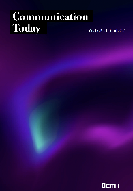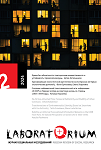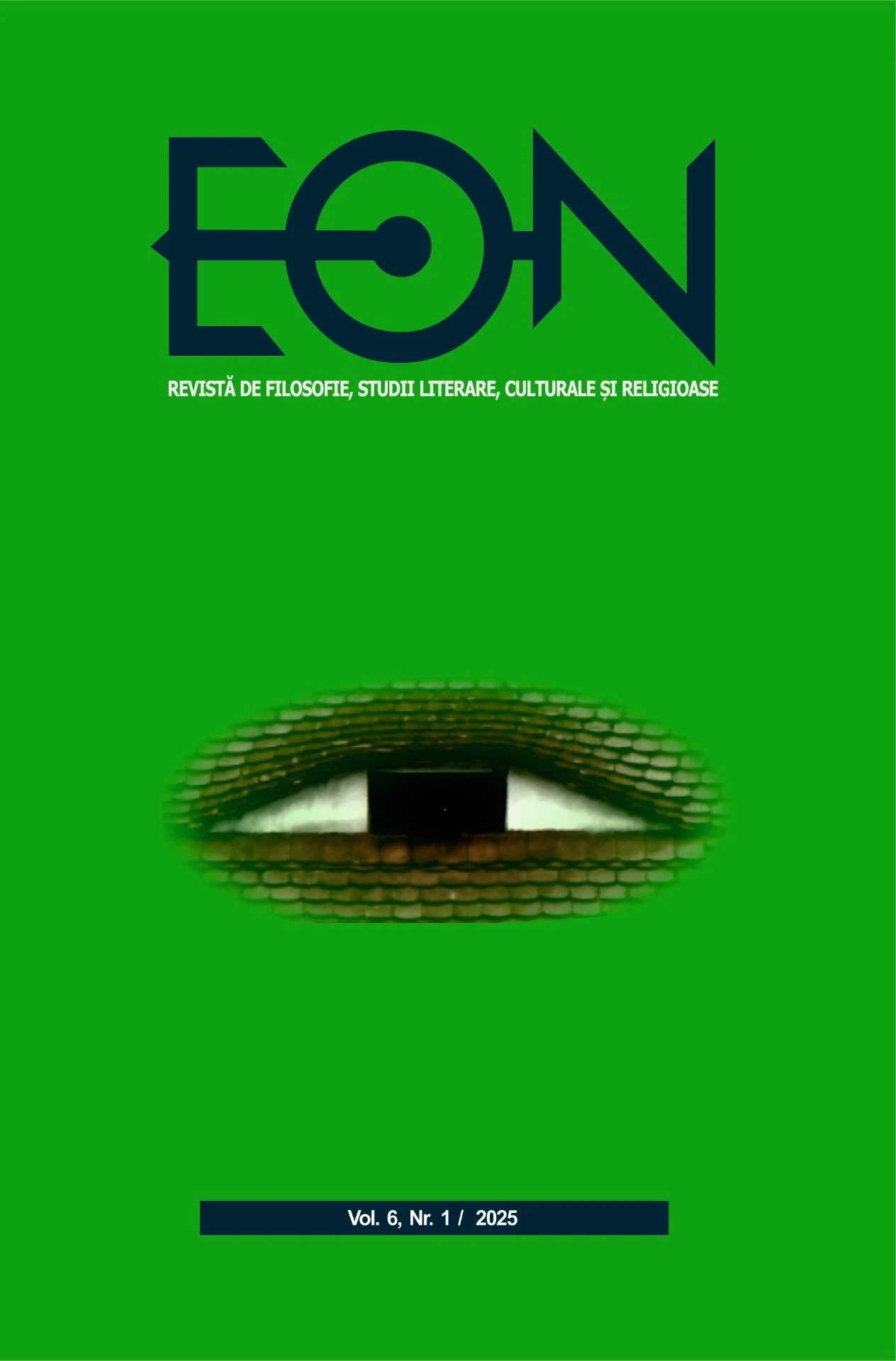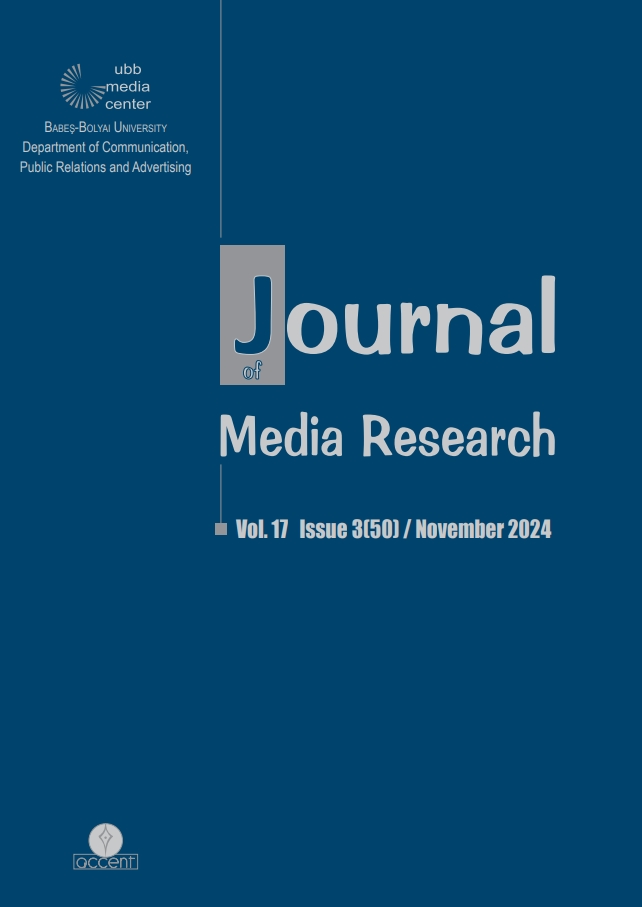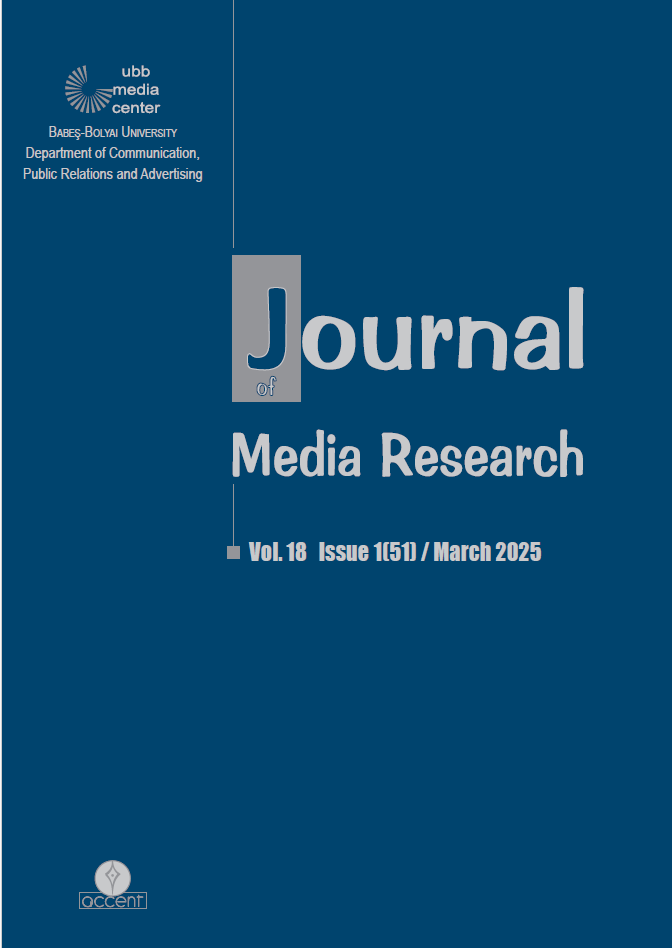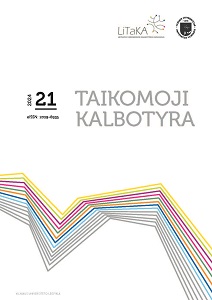
The role of Easy Language awareness for Social Inclusion in Latvia, Lithuania, and Slovenia
Easy Language serves as a communication tool designed for use by a broad spectrum of individuals within our society. Like any tool, it requires development, adjustment, and application standards. Some of these standards are common across languages and societies, while others are unique to specific languages, groups of people, or needs. This implies that language users, developers, and researchers can benefit from cooperation but also need to develop their own language- and situation-specific tools and standards of communication. The aim of this research is to compare the change in Easy Language awareness from 2021 to 2022 among societies in Latvia, Lithuania, and Slovenia within a year, using such tools as surveys, in-depth interviews, and statistical analysis. The findings suggest that awareness levels vary across different countries and social groups. Furthermore, it takes more than two years to reach the levels of legal structures and political readiness necessary to embrace the needs of the entire society.
More...
